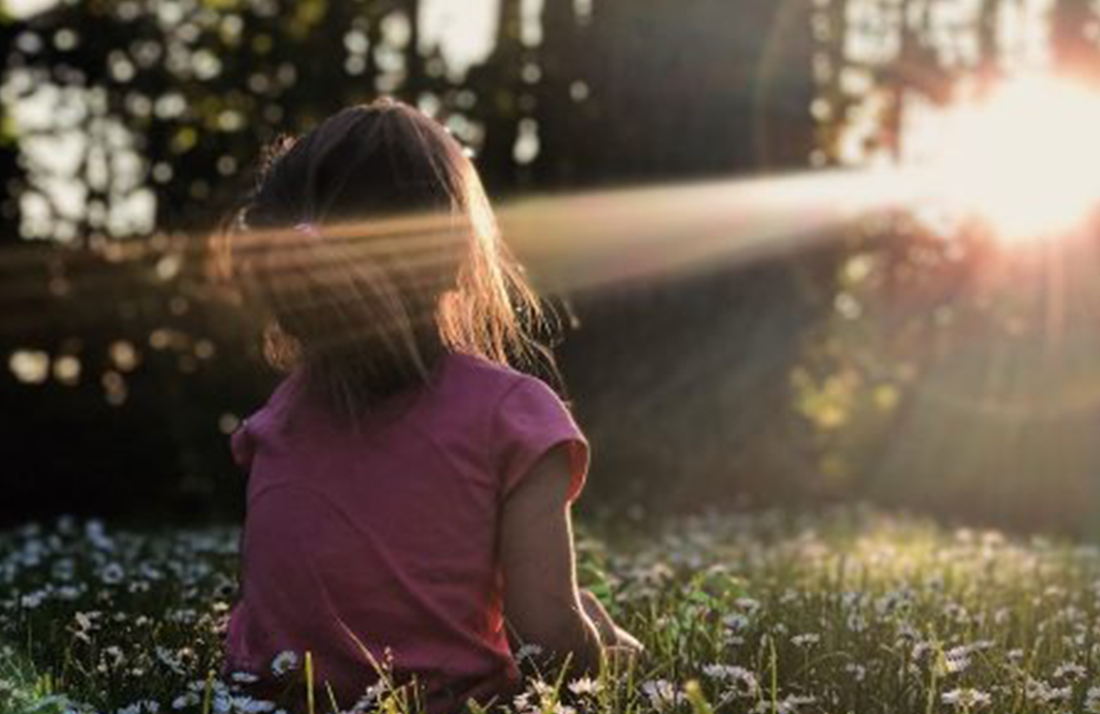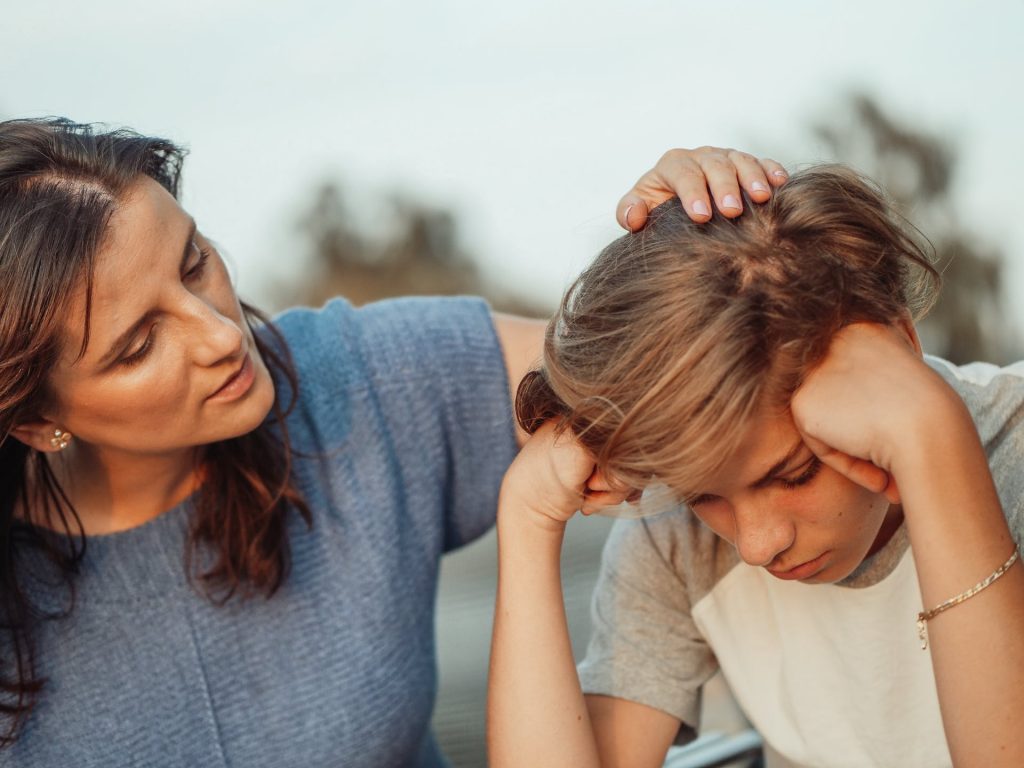
08 Feb HOW TO BREAK THE NEWS TO YOUR SURVIVING CHILDREN
HOW TO BREAK THE NEWS TO YOUR SURVIVING CHILDREN
Having to let your children know that their sibling has died can be very daunting, especially considering that you are at the same time having to deal with your own grief.
At the same time, it is important that you do so; not only because they have a right to know what has happened but also because it will avoid further, avoidable hurt.
Breaking the news to my son, Cesar, that his brother and sister had died was the hardest thing for me to do. This was closely followed by having to explain that it was his father, whom he loved and looked up to, who was responsible.

After the police came, and my husband, Iiro, took me to the doctors to get checked out, we headed home. Cesar had been picked up from school by my brother-in-law and was playing with his cousins at their home.
I needed a while to collect my thoughts and get myself ready to tell Cesar the devastating news. I needed this time to figure out exactly how and what I was going to say. And I wanted to be ready for any questions that he could have.
Like most parents, I was not sure how to break it to him. I wanted to protect him but at the same time I did not want to keep this from him longer than was absolutely necessary. He would have figured it out eventually and in the meantime his active imagination would probably have conjured up something much worse.
Children, even young children, are far more attentive than we sometimes give them credit for and they will quickly sense that something is wrong from our body language, the tone of our voice, and our behaviour.
I decided to give him the news straight, in age-appropriate language without unnecessary complications or long-winded explanations. And I wanted him to find out from me. He would, after all, realise that something was up when everyone around him was crying and upset. I believed then, and still do now, that it was the best thing to do. I want honesty from my loved ones and wanted to show Cesar the same.
Once we arrived at my sister’s house, where Cesar was playing, I took him to a bedroom and sat him down. He could see that I had been crying and that something had happened.
I told him gently and quietly, “The twins have died.” He was shocked and asked how it had happened. I told him, “Your father gave them something to sleep so that they would never wake up.” My tone was tender, but I tried to do it as directly as I could, like ripping off a plaster.
I started to cry when I told him. It had only been a couple of hours since the unthinkable happened and here I was suddenly telling my surviving child that he no longer had siblings. He was only seven years old. It was so much for a child his age to take, to try and understand and make sense of.
It will forever be ingrained in my mind the look of utter confusion and pain that came through in his beautiful, innocent eyes when I told him. His eyes wide and shoulders slumped with the weight of the terrible news.
He was unsure of the future and needed reassurance. I tried my best to be strong for him; to let him see that I was going to be there for him and that he was not alone.
I cannot remember exactly what I said but I did my best to put his mind at ease. I explained that although things would change — one of them being that he would suddenly be an only child — we would try and keep as many things as possible the same.
Still trying to process the news, he decided that he did not want to go home quite yet but wanted to stay with my sister and his cousin. He seemed to feel better and wanted to continue playing with his cousin. He needed time for the news to sink in and I was grateful that he was able to put it to the side for now, to figure things out later and with the benefit of time.
For him, the knowledge that he would be at home without them there was too much to bear. I was glad that that he wanted to stay with his cousin as it gave me space and time to grief openly. I saw how upset he had got when he saw me crying and I did not want to have to hide my grief from him.
Survivor’s Guilt
How children deal with grief will vary from one child to another but they will all be impacted in some way. Cesar suffered a lot in the coming days, week, months, and years. As well as having to accept the loss of his siblings he went through survivor’s guilt, hating his father but being confused by this emotion as he still loved him.
He had such strong conflicting emotions that it was difficult for him to sort through them. He would get very upset about seemingly unimportant things, which would then lead him to express his emotions about the twins and what he was going through.
I always let him know that I would be there for him whenever he needed me and that we could talk openly about any issue.
The most important thing was to check in with him once in a while and to see what thoughts and feelings were going round in his head and heart. He did not always want to talk, but once in a while he would make a comment or an observation. I know that with me he did not always open up as he did not want to worry me or to see me cry, but Cesar had others he could talk to such as my husband, Iilo, as well as his family and friends.
I also took him to see a psychotherapist who specialised in art therapy. He did not particularly like going but I could see it was helping him to cope and to make some sort of peace with what had happened. If you feel your child could do with additional, professional support then a therapist or counsellor can be very worthwhile. For more information on this topic, visit Helping Children To Heal After The Loss Of A Sibling.
I believe that the support that Cesar received helped him to feel secure and safe during this unsettling time, and that it is by just being honest, open, and available that we, as parents, can best help our children navigate through highly challenging feelings in the healthiest way possible.
KEY TAKEAWAYS
- Break the news to surviving children using honest, age-appropriate language to avoid confusion and unnecessary complications. Be prepared for questions and provide straightforward answers.
- Understand that children may need time to process the information and come to terms with their loss. Be open to their emotional reactions and provide space for them to express their feelings, whether through words or actions.
- Recognise and address conflicting emotions, such as survivor’s guilt, that the child may experience. Let the child know that it is okay to express their emotions and that you are always there for them.
- Consider involving professional support to help your child cope with complex emotions.



